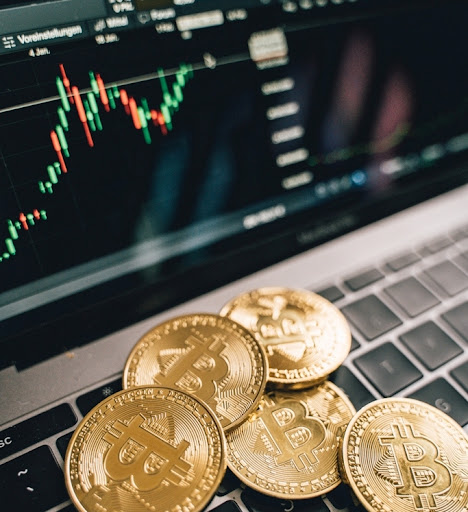
Bitcoin has been touted as an alternative way to access financial services, offering freedom from government-controlled currencies. Unfortunately, due to its pseudonymous nature and lack of privacy features, it remains particularly vulnerable in authoritarian countries that have banned or limited the usage of cryptocurrencies. Since Bitcoin is a public blockchain anyone with enough resources for one could potentially track down transaction-related data – meaning less anonymity than other forms of payments like fiat currencies. In addition, websites like http://bitqs.io/ will assist traders in their trading journey.
Privacy coins like Monero and Dash have become increasingly popular in addressing the issue of financial privacy. These coins provide users with greater anonymity when sending and receiving value, leading to numerous other similar coins entering this space.
What are Privacy Coins?
Blockchain privacy coins are a kind of cryptocurrency which enable personal as well as anonymous transactions on the internet by concealing their origins and destination. Strategies used in these unidentified cryptocurrencies consist of concealing the actual wallet balance in addition to the address of an individual and blending several transactions to avoid chain analysis.
Bitcoin and some other non-private blockchains let anybody look at public transactions and addresses all over their network, which helps make it fairly simple to keep track of deposits and withdrawals. Privacy coins, though, deal with a couple of distinct aspects: Untraceability and anonymity. Anonymity safeguards the identity of the individual that created the purchase, while Untraceability causes it to be nearly impossible for third parties to keep track of a transaction utilizing services like blockchain evaluation.
Which strategies are used by privacy coins?
To maintain untraceability and anonymity, privacy coins make use of many methods to become the best private cryptocurrency, the most widely used of which would be stealth addresses, CoinJoin, ring signatures, and zk-SNARKs.
- CoinJoin: CoinJoin is recognized as a coin mixer, which combines transactions from numerous people right into one transaction and subsequently sends them to their respective customers with fresh addresses.
- Zk-SNARKs: Zk-SNARKs (Zero-Knowledge Succinct Non-Interactive Argument of Knowledge) enable cryptocurrency users to demonstrate the legitimacy of a transaction without revealing crucial identifying info like the people involved and also bank accounts.
- Stealth Addresses: To stay away from being associated with a receiver, stealth addresses call for a sender to produce a new address for each transaction sent. Monero (XMR), one of the world’s greatest privacy coins, uses a sort of stealth address known as the DKSAP (Dual key stealth address protocol).
The Legality of Privacy Coins
The legality of privacy coins is dependent upon the individual jurisdictions. In South Korea for instance, the federal government prevents the trading of private digital coins on crypto exchanges to fight money laundering. States which have not restricted private coins have not supported them also, and that means their work exploits a grey area within a nation’s laws. The United States government, for example, has adopted a unique strategy for anonymous cryptocurrency, looking to create tools to eliminate cloaks on transactions carried out on individual networks.
Transactions concerning privacy coins don’t always promote harmful activities, including money laundering or terrorism financing. Some individuals are carrying out their basic rights and merely value their monetary security, however, the amount of federal departments cracking down on untraceable electronic currencies is increasing. Strangely enough, many of probably the most visible, as well as well-known individuals in the privacy movement, continue to voice their opposition against privacy-oriented apps. See what international authorities such as the Financial Action Task Force (FATF) are working on privacy coins and what steps they accept. Although privacy coins haven’t been banned yet, they’re making it hard for both nations and exchanges which are susceptible to information-sharing needs under FATF Travel Rule.

